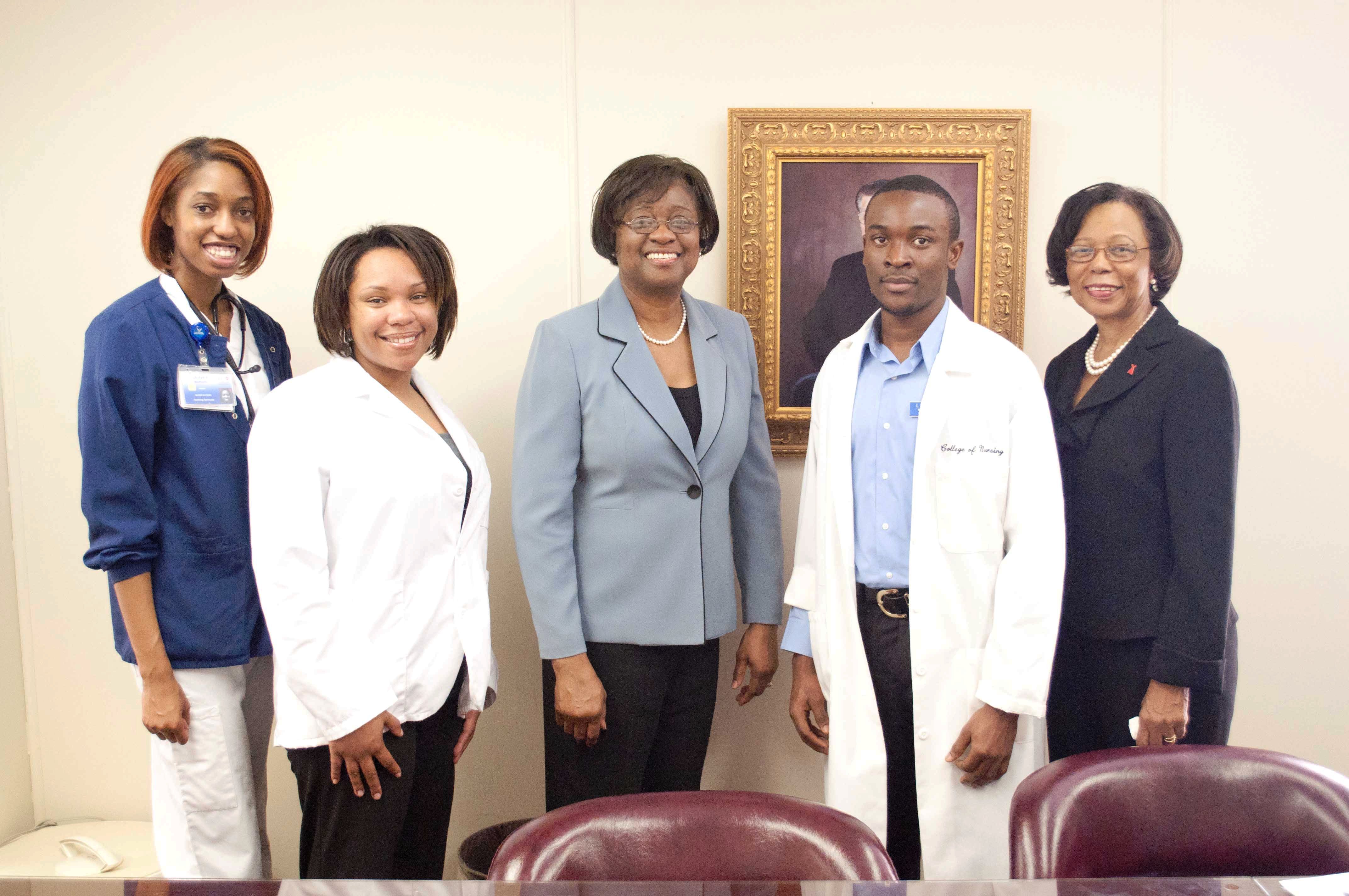
The Department of Health & Human Services’ Partnership Center hosted a national conference call to discuss career opportunities being created in health care through the Affordable Care Act (ACA).
Dr. Mary Wakefield, Administrator of the Health Resources and Services Administration (HRSA), discussed current programs and initiatives, as they relate to development of the health care workforce. As the highest ranking nurse in the Obama Administration, Dr. Wakefield understands the critical link between a robust and trained workforce and strong health care services in local communities: “With the Affordable Care Act (ACA) investments, we expect to double the number of people seen at community health centers between now and about 2015,” said Wakefield.
Through academic and public health collaborations, HRSA is fostering opportunities in health care careers, providing underserved and impoverished communities with high quality primary care. In addition, through investments in the ACA, programs like the National Health Services Corps can increase the number of clinicians supported.
Also participating in the call were Burt Waller and Dr. Mary Hill. Waller is the Executive Director of Christ Community Health Services in Memphis, TN and Hill serves as Associate Dean of the Division of Nursing at Howard University’s College of Pharmacy, Nursing & Allied Health Sciences in Washington, DC. Both gave firsthand accounts of how the ACA is making a difference in their communities.
Waller shared the story of a recent graduate who wanted to establish a dentistry practice in an underserved area. After accumulating nearly $200,000 in school-related debt, he was considering starting the practice in an affluent community. Burt’s organization worked with the young man to apply for a National Health Service Corps loan repayment. Once the repayment was awarded, he was able to establish his practice in a neighborhood that previously had no dental services for its low-income residents.
Dr. Hill also spoke about the impact of these investments. She said, “As a result of [health care reform], we now have an opportunity to make significant contributions in increasing access to affordable care through our efforts to educate the next generation of the primary care workforce.” Howard University has implemented a Registered Nurse to Bachelors of Science Nursing online program, which has helped to double its enrollment of upper division students entering the clinical nursing program. Dr. Hill also discussed the university’s future plans to establish a community health center for underserved and uninsured populations through a Nurse Managed Health Center.
Dr. Wakefield provided the best summary of the discussion. She said the Affordable Care Act is “recalibrating health care by focusing on services that keep people healthy and helping them manage their chronic conditions rather than simply waiting until they are ill and in need of more intense expensive care.”
As a follow-up to the call, here are some helpful ways to share this information to local communities and congregations:
- Promote National Health Service Corps scholarship opportunities for primary care training. For more information, go to http://nhsc.hrsa.gov/scholarship/
- Educate about opportunities in health careers and job training programs. For more information, go to http://bhpr.hrsa.gov/grants/affordablecareact.htm
-
Share information with primary care and mental health providers about how their student loans may be repaid through the National Health Service Corps.
For more information go to http://nhsc.hrsa.gov/loanrepayment/
As we continue on the path to economic recovery and healthier communities, this discussion reminds us that pursuing a career in health care is a sound and noble way to serve the community.
Please send any comments or questions to partnerships (at) hhs.gov.
Acacia Bamberg Salatti is the Deputy Director of the Center for Faith-based and Neighborhood Partnerships (The Partnership Center) at the U.S. Department of Health and Human Services.


